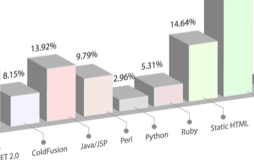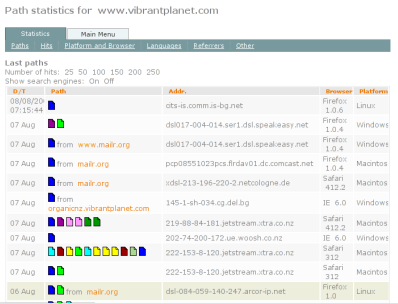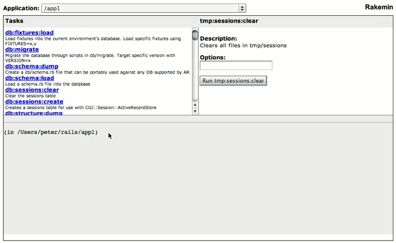Charles Nutter, one of the developers of JRuby, a Ruby implemention running on the JVM, has announced that he and Thomas Enebo are becoming Sun Microsystems employees later this month with the responsibility of working on JRuby full-time!
The primary goal is to give JRuby the attention it really needs. The potential for Ruby on the JVM has not escaped notice at Sun, and so we’ll be focusing on making JRuby as complete, performant, and solid as possible. We’ll then proceed on to help build out broader tool support for Ruby, answering calls by many in the industry for a “better” or “smarter” Ruby development experience. Read More











